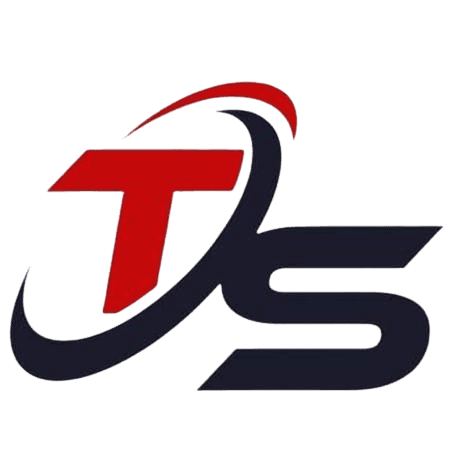The Ultimate Guide to Choosing the Right Survey Instruments for Your Project
Understanding Survey Instruments
Survey instruments are essential tools in research projects, enabling the collection of data through structured questions. Choosing the right survey instrument for your project can significantly impact the quality and reliability of your findings. Whether you are conducting academic research, market analysis, or social studies, selecting the appropriate survey tool is critical.

Types of Survey Instruments
The first step in choosing a survey instrument is understanding the different types available. Common survey instruments include:
- Questionnaires: These are written sets of questions that respondents fill out. They can be distributed online, via mail, or in person.
- Interviews: Conducted either face-to-face or over the phone, interviews allow for more in-depth data collection.
- Focus Groups: A guided discussion with a group of people to gather diverse perspectives.
Defining Your Research Objectives
Before selecting a survey instrument, clearly define your research objectives. What specific information do you need to gather? Your objectives will guide you in choosing the most suitable tool. For instance, if you require qualitative insights, an interview or focus group might be more appropriate than a questionnaire.

Considerations for Choosing the Right Instrument
Several factors should influence your decision when selecting a survey instrument. Consider the following:
- Target Audience: Understand the demographic and accessibility of your respondents. Online surveys might be ideal for tech-savvy audiences, while paper surveys could be better for those with limited internet access.
- Budget and Resources: Evaluate the resources at your disposal. Some survey instruments might require more financial investment and time commitment than others.
- Data Type: Determine whether you need quantitative or qualitative data. This will influence whether a structured questionnaire or an open-ended interview is more suitable.

Ensuring Data Quality and Reliability
The quality of the data collected is paramount. To ensure that your chosen survey instrument provides reliable data, consider pre-testing it through a pilot study. This can help identify potential issues with question wording or format and ensure that respondents understand the questions as intended.
Utilizing Technology in Surveys
In today's digital age, technology offers numerous tools to enhance survey effectiveness. Online platforms and mobile apps can streamline data collection and analysis. They also provide features such as real-time analytics and automated reporting, making data interpretation more efficient.

Ethical Considerations
When conducting surveys, it is crucial to adhere to ethical standards. Ensure that respondents' privacy is protected by maintaining confidentiality and obtaining informed consent. Ethical considerations not only safeguard participants but also enhance the credibility of your research findings.
In conclusion, selecting the right survey instrument requires careful consideration of your research goals, audience, resources, and ethical obligations. By understanding the types of instruments available and aligning them with your project needs, you can gather meaningful data that drives informed decision-making.
